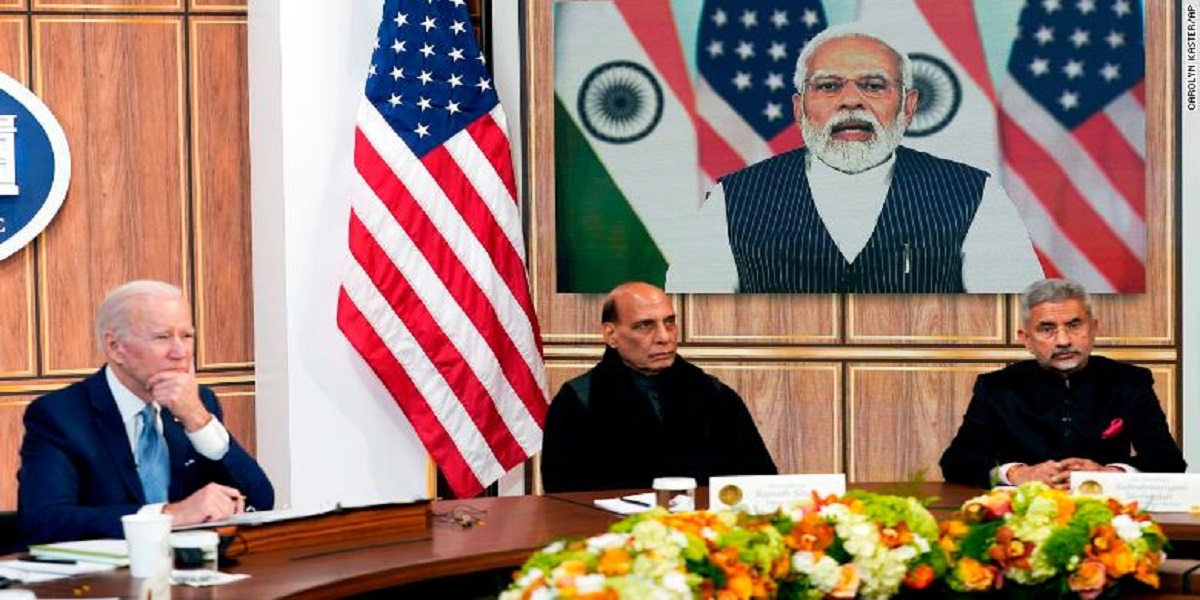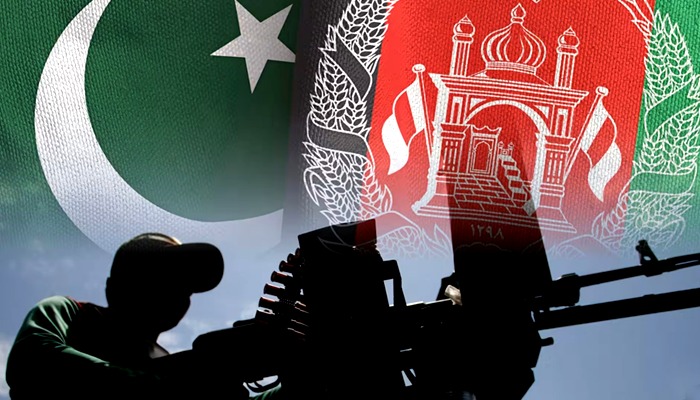WASHINGTON – A Biden administration official travelled to India on Tuesday to meet with government officials and business sector representatives on US sanctions, according to the Treasury Department, as Washington works to limit India’s purchases of Russian oil.
According to a Treasury official, Elizabeth Rosenberg, the assistant secretary for Terrorist Financing and Financial Crimes, will visit New Delhi and Mumbai through Thursday.
Another senior US official told Reuters on March 31 that a major increase in Indian oil supplies to Russia might put New Delhi in “grave danger” as Washington prepared to tighten sanctions against Moscow following its invasion of Ukraine.
According to a Treasury spokesperson, Rosenberg’s travel is part of a larger Biden administration effort to reach out to partners and allies throughout the world to discuss with officials and industry about the enforcement of US sanctions and export restrictions.
[embedpost slug=”/indian-court-sentences-kashmiri-leader-yasin-malik-to-life-imprisonment/”]
“It’s critical to communicate to the parts of the world that are strong US partners on a variety of issues, and to ensure that we’re in close contact regarding our sanctions regime and working jointly to crack down on any evasion chances or actions,” the spokesman said.
As refiners buy the inexpensive petroleum spurned by many Western countries and firms, India, the world’s third largest oil importer, increased Russian oil imports to roughly 277,000 barrels per day in April, up from 66,000 bpd in March.
Other countries are still able to acquire Russian oil despite the current US sanctions. Officials in the Biden administration have discussed “secondary sanctions” that would limit those purchases. Tariffs and price controls on Russian oil, as well as depositing revenues from Russian oil sales in escrow accounts that oil sellers could access only for specific purchases, have all been proposed. There has been no sign that such steps will be taken soon.
On themes ranging from sanctions to food security, Rosenberg was slated to meet with Indian government officials, private and state refining enterprises, and other businesses.



















